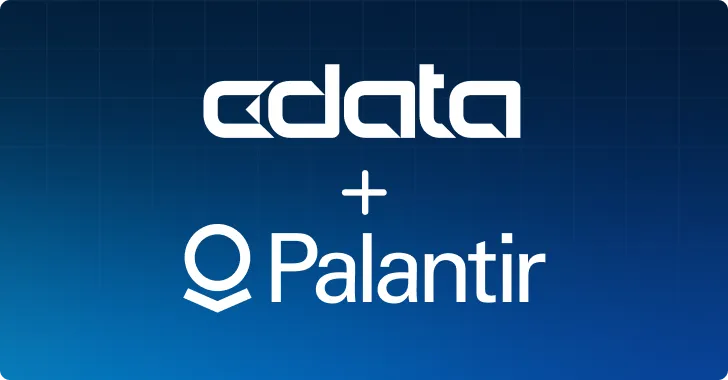CData Software is a leading provider of data access and connectivity solutions. Our standards-based connectors streamline data access and insulate customers from the complexities of integrating with on-premise or cloud databases, SaaS, APIs, NoSQL, and Big Data.
Data Connectors
ETL/ ELT Solutions
Cloud & API Connectivity
CData Embedded
Data Visualization
Popular AI Integrations
© 2026 CData Software, Inc. All rights reserved. Various trademarks held by their respective owners.





